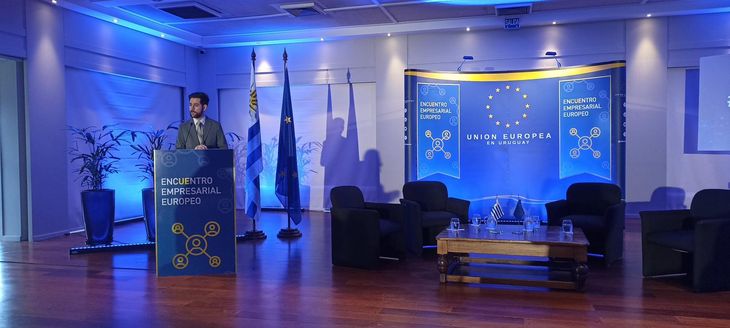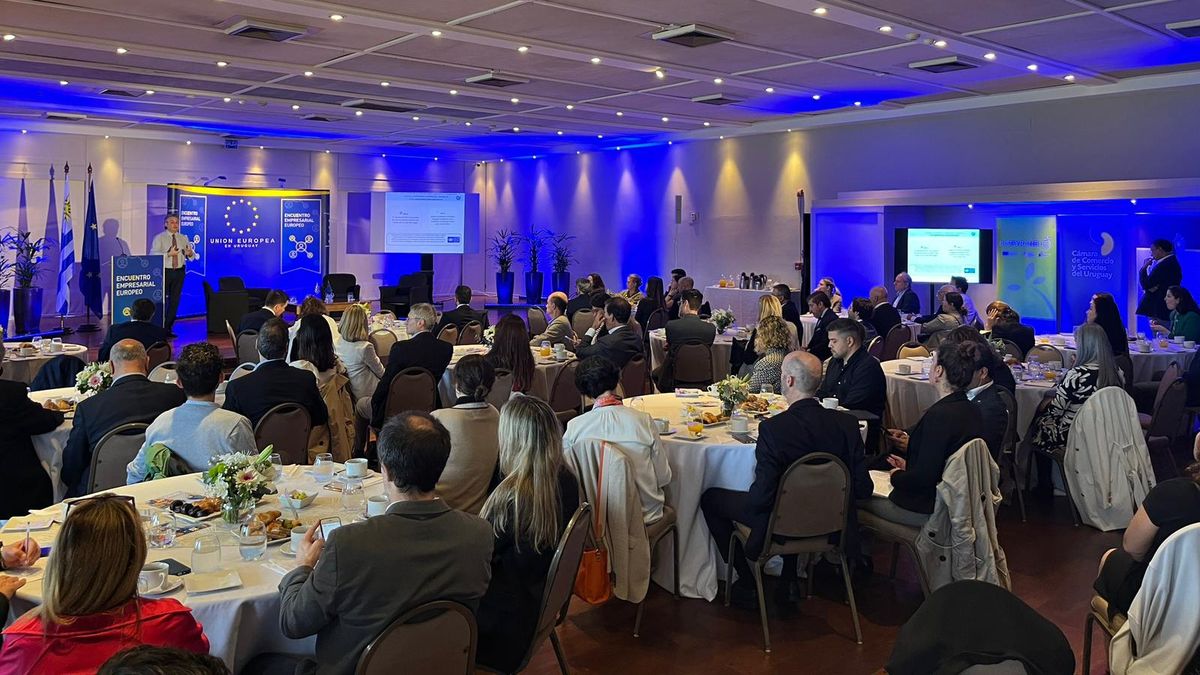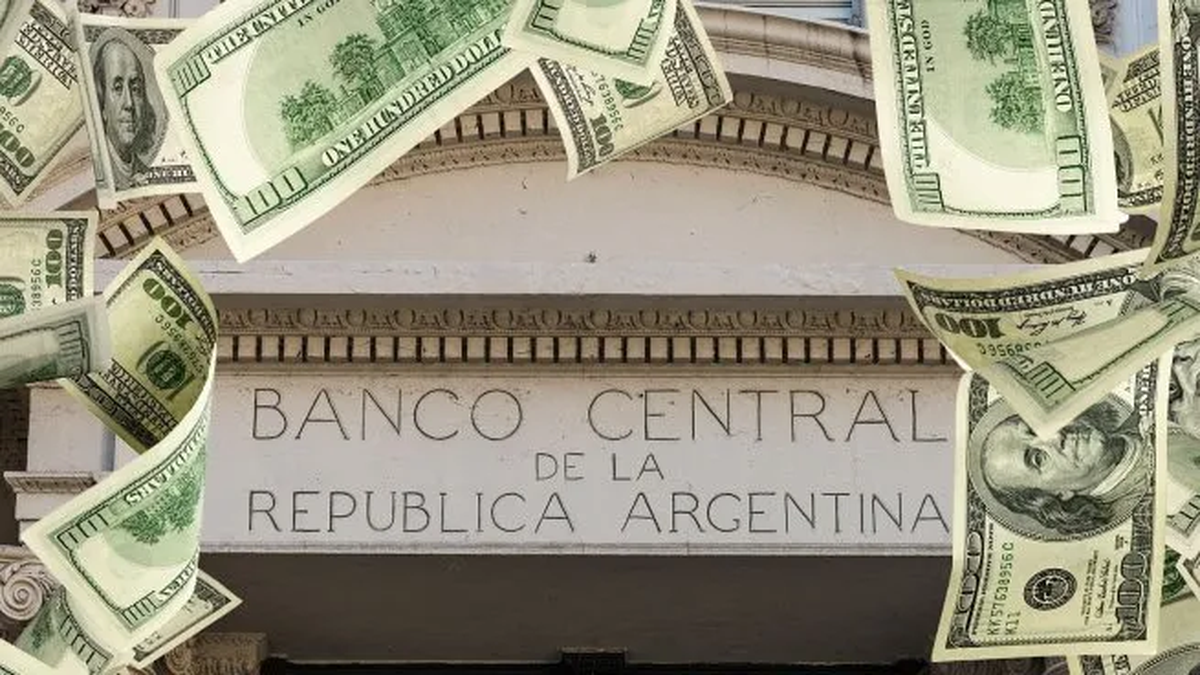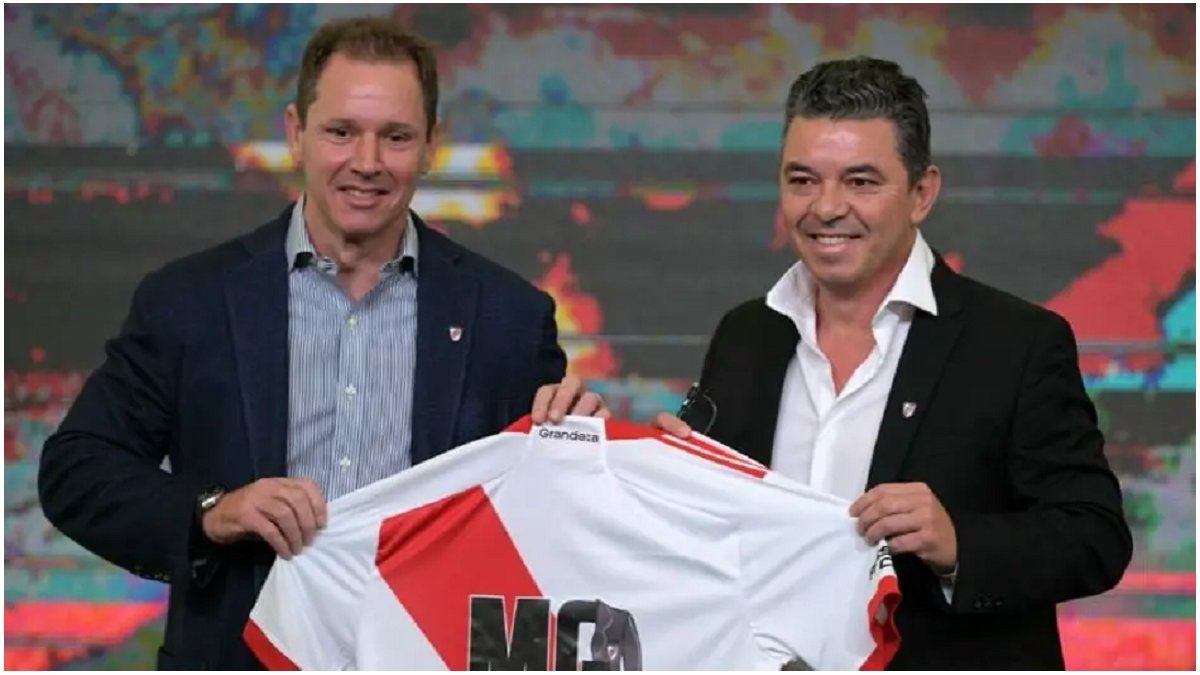He Mercosur-EU agreement It is still early for the signing and, despite the long negotiations, finalizing the agreement is like “an obstacle course and we are in the last 100 meters, which requires a great final effort,” he stated. Rupert Schlegelmilch, chief negotiator on the part of the European Union with the Mercosur.
“To go through the last 100 meters of the negotiation, active dialogue is important to advance the pending issues. Despite the complicated situation in Europe, The European bloc maintains its commitment and willingness to offer a final package. Uruguay can play a key role in the final negotiations,” the international official admitted to journalists, during the European Business Meeting made in the golf Club this Tuesday, where the topic was sustainable finance and the EU-Mercosur agreement.
The chief negotiator of the EU-Mercosur agreement stated that there are new policies at the international level linked to issues of sustainability, and that these are increasingly present in the Mercosur-EU agreement.
“We are discussing with the Mercosur countries commitments on the deforestation. That is a very simple issue in Europe, in the Amazon, in the forest Brazil, first of all. And we do not have an agreement on how exactly to deal with this issue,” the European official gave as an example when asked by Ambit about what the obstacles are to the implementation of the agreement.
“In these negotiations, obviously, timing is everything. It is very important to search and find the right moment. But I think that after the European negotiations in June, There may be signs,” he responded when asked about a possible date. The official began this Tuesday in Montevideo his tour of the bloc’s countries.
“I want to hear what they think in Mercosur and maintain a constructive relationship,” he said in contact with journalists. He added that there were more than two decades of negotiation for the agreement, with moments of acceleration and other “special circumstances,” but that “currently close to the goal.”
Regarding what possibilities the signing of this agreement could bring for the region, the official was emphatic when stating that, for example, “European investments in Chili “They multiplied by nine when the EU-Chile agreement was signed.” Delegation sources reported that the official will meet with the chancellor Omar Paganini and with the Uruguayan chief negotiator of the Mercosur-EU agreement, Alejandro Merníes.
WhatsApp Image 2024-04-23 at 16.06.41 (3).jpeg
Optimism from different sectors
Along the same lines, the president of the Chamber of Commerce, Julio Lestido, he told Ambit: “We are optimistic, we have always said it, Uruguay you need to open yourself to the world. To grow more, more than what is growing and to grow with numbers that are important, we need to open ourselves more to the world.”
“The agreement with the European Union for us from the beginning and during all these 20 years the Chamber has seen it as an extremely interesting agreement for the Uruguay and that is why we will always, from our place, contribute everything necessary for this agreement to go forward,” Lestido stated.
To its turn, Paolo Berizzi, The ambassador of the European Union in Uruguay stated that “the European Commission is committed to a prompt political conclusion of the agreement.”
WhatsApp Image 2024-04-23 at 16.06.41 (1).jpeg

The Uruguayan strategy in sustainable finance
Besides, Herman Kamil, director of the Debt Management Unit of the Ministry of Economy and Finance, He was the one who opened the event by referring to a “paradigm change in the global financial system and production systems”, linked to environmental factors.
The Uruguayan leader explained the operation of the “green bond”, which is tied to climate compliance and presented the government’s new goals for 2025 and 2030, which aim to reduce interest rates of the debt up to 15%.
While, Juan Grasso, president of the European Parliament in Uruguay, highlighted the issues that are being worked on between European companies and our country as green hydrogen, mobility and commerce.
The EU is the largest investor in Uruguay, with 41% investment and one of its most relevant commercial partners. Almost 600 European companies are present in the various productive sectors of this country, according to what was said at the event.
Source: Ambito




